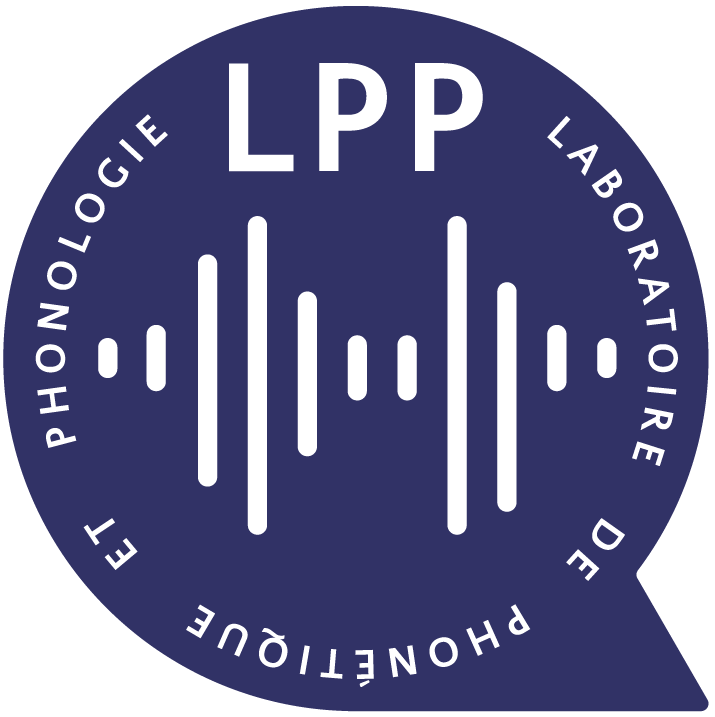The birthplace of modern humans is potentially in West Africa, yet, north of the Bantu-speaking area, it is among the least studied areas in the world. Language is a central part of humanity’s present and past: every modern human being communicates through language. Prehistoric unrecorded languages cannot be studied in the same way as speech is today, but we can still gain insights into our ancient ancestors’ languages by looking at the ways with which people correspond with each other. Historical linguists search forpresent speakers’ sound-meaning patterns to group languages into families, and then to reconstruct what the language family’sProto-language would have sounded like. A language isolate, one with no known living relatives, presents one of the biggestobstacles for historical linguistic reconstruction. A language isolate spoken by a population genetic isolate represents remnants of lost diversity and the keys to unlocking the mysteries of our species’ early migration patterns. Bangime is one of Africa’s four confirmed language isolates. Its speakers, the Bangande, are equally unique genetically. The affiliations of the languages and peoples surrounding the Bangande, the Dogon, Mande, and Songhai groups, are among the most debated in Africa. The INSIGHT2020 team will amass existing and gather new, big data from under-studied languages and compare them with innovative genetics research to expand the search for previous pathways of West African populations. We will use ground-breaking computer- assisted technologiesto test the hypothesis that the Bangande are the only population to have survived a yet undiscovered cataclysmic event that predated the Bantu Expansion. Findings will be made available to researchers in an accessible, multimodal, online repository. The Bangande community will also be informed in an ethically sensitive and culturally appropriate manner. Our interdisciplinary methodology can serve as a model for other areas with similar questions.
Prochains événements
Voir la liste d'événementsSRPP Beyond reaction time: Articulatory evidence of perception-production link in speech using the Stimulus-Response Compatibility paradigm.
Takayuki Nagamine (Department of Speech Hearing and Phonetic Sciences, University College London)
SRPP 13/03/2026 Christophe Corbier
Christophe Corbier (CNRS, IReMUS)
SRPP 20/03/2026 Claire Njoo
Claire Njoo (Université Paris-Sud)
SRPP 27/03/2026 Rasmus Puggaard-Rode
Rasmus Puggaard-Rode(University of Oxford)


